Well, most of modern Ukraine was either conquered or incorporated to Russia under Catherine II. She was probably the most aggressive ruler of the Russian Empire, not counting Peter I, and spent most of her reign in ambitious wars of expansion in the West and in the South 
https://twitter.com/StephenKing/status/1596544741310857216

Age of Catherine is viewed as the Golden Age of the Russian Empire. Wars, conquests, luxury of St Petersburg. That was paid by incredible human misery. Economy-wise reign of Catherine was catastrophic: Catherine led Russia to the greatest economic contraction it had in the 18th c 

Russian serfdom was continuously exacerbating since at least the 16th c. In 1600 it can be still characterised as "serfdom". By 1750 it turned into the New World-style plantation slavery: serfs were bought and sold individually at the slave auctions much like Blacks in Americas 

The reign of Catherine II was the absolute lowest point of the Russian slavery. Until Catherine serfs had a right to complain to the Tsar about their mistreatment. Around 1650 this right was still real: sometimes the Tsar would punish the owners, even confiscating their estates 
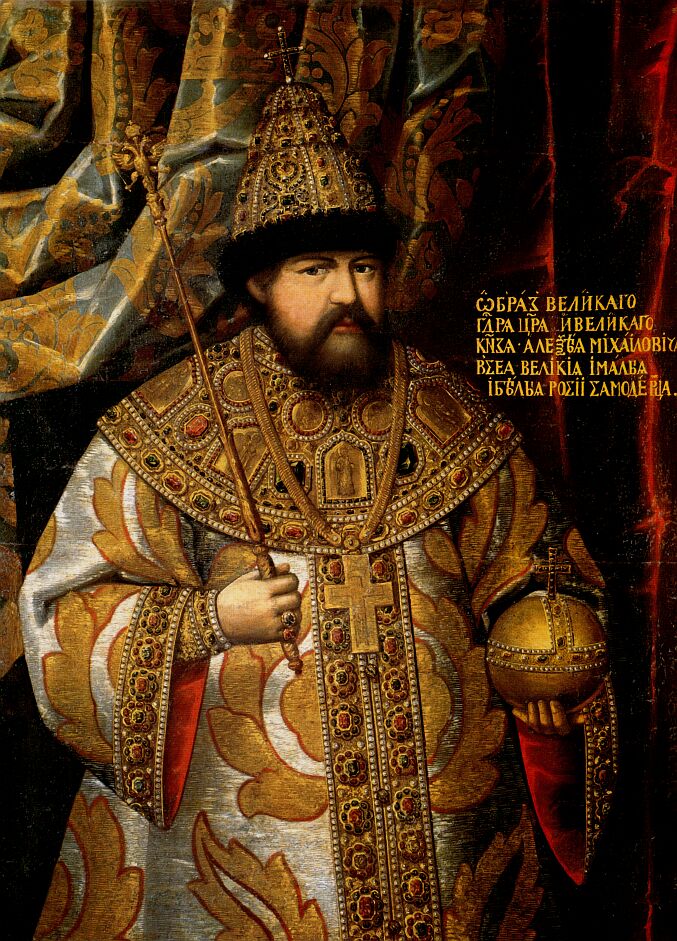
By the times of Peter I circa 1700 this right became theoretical. Yes, serfs could complain about their mistreatment. It's just their complaints would be almost automatically dismissed as a lie. You can complain but there's nearly 0% chance the government would do anything 
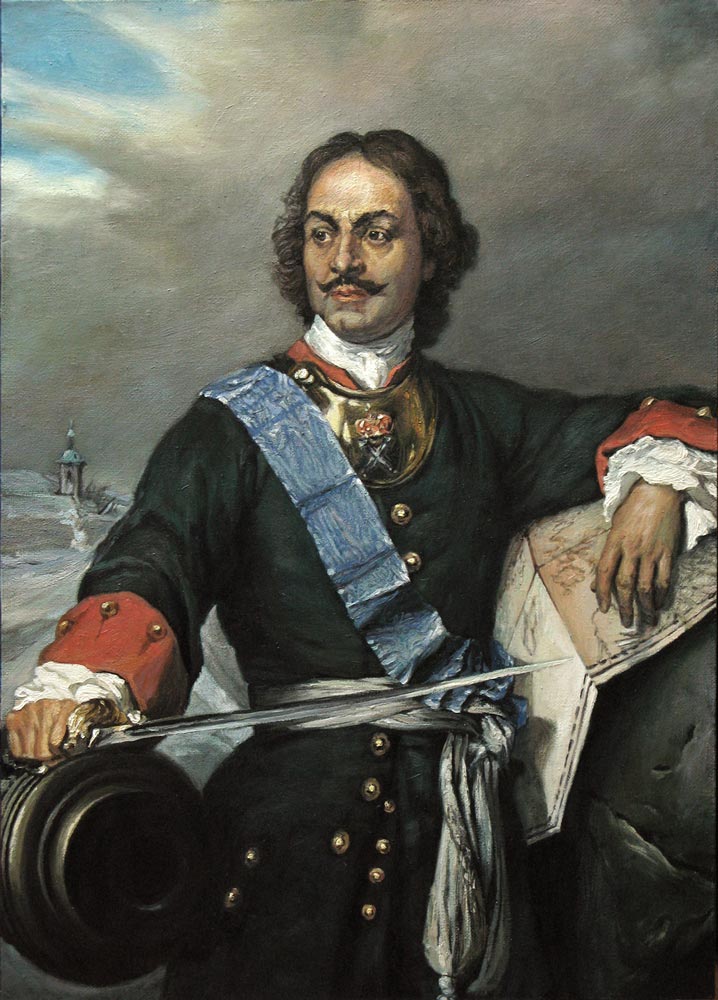
Finally, Catherine II abolished even the formal right of complaint. She prohibited serfs to complain about mistreatment by their owners and punished those who tried to complain it with lifetime sentences at the Siberian silver mines in Nerchinsk 
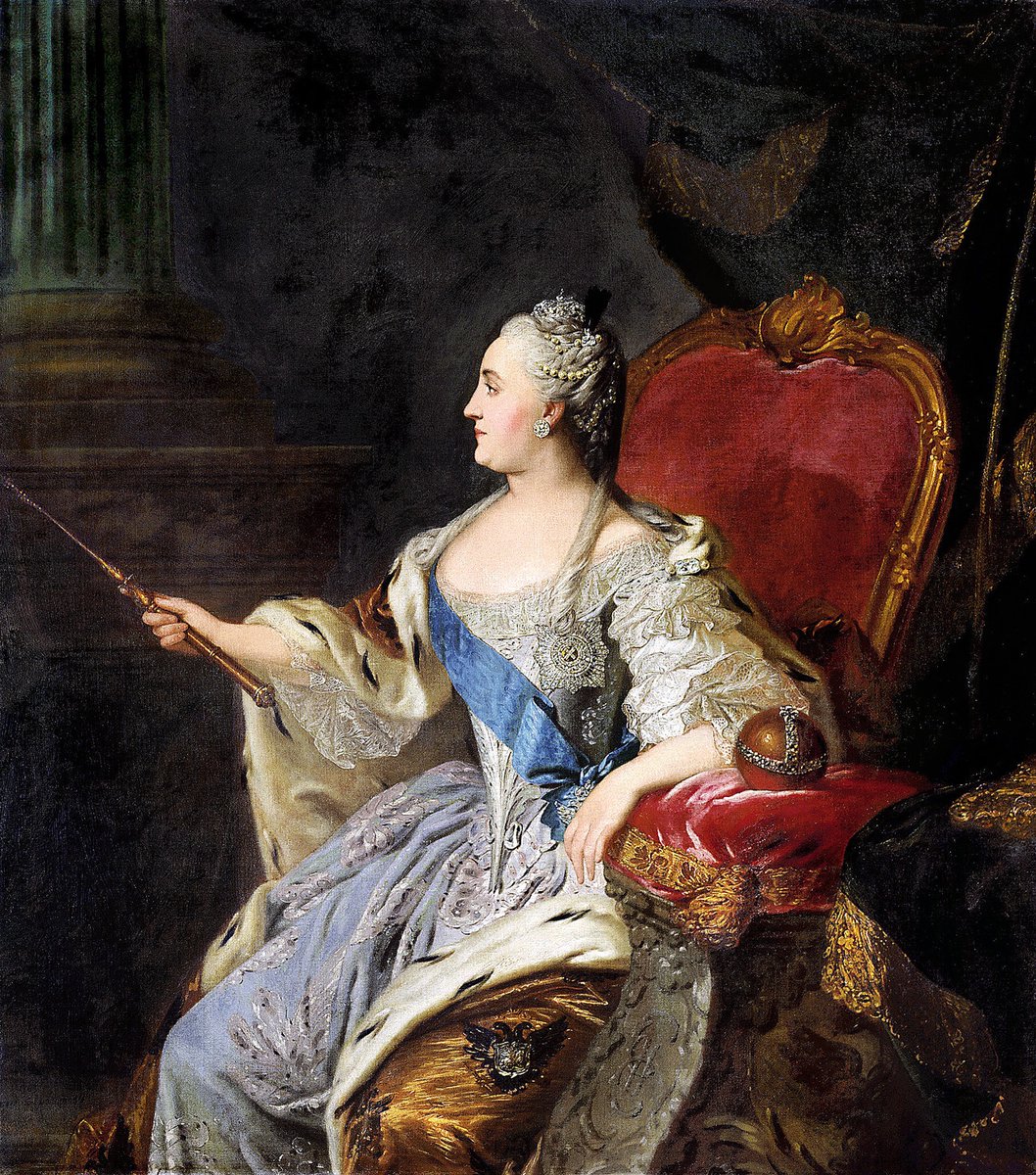
Why would Catherine do that? Was she misinformed? No, she was perfectly informed. She was one of the smartest persons who ever ruled Russia and knew exactly about the dire state of the serfs who comprised the majority of her subjects 
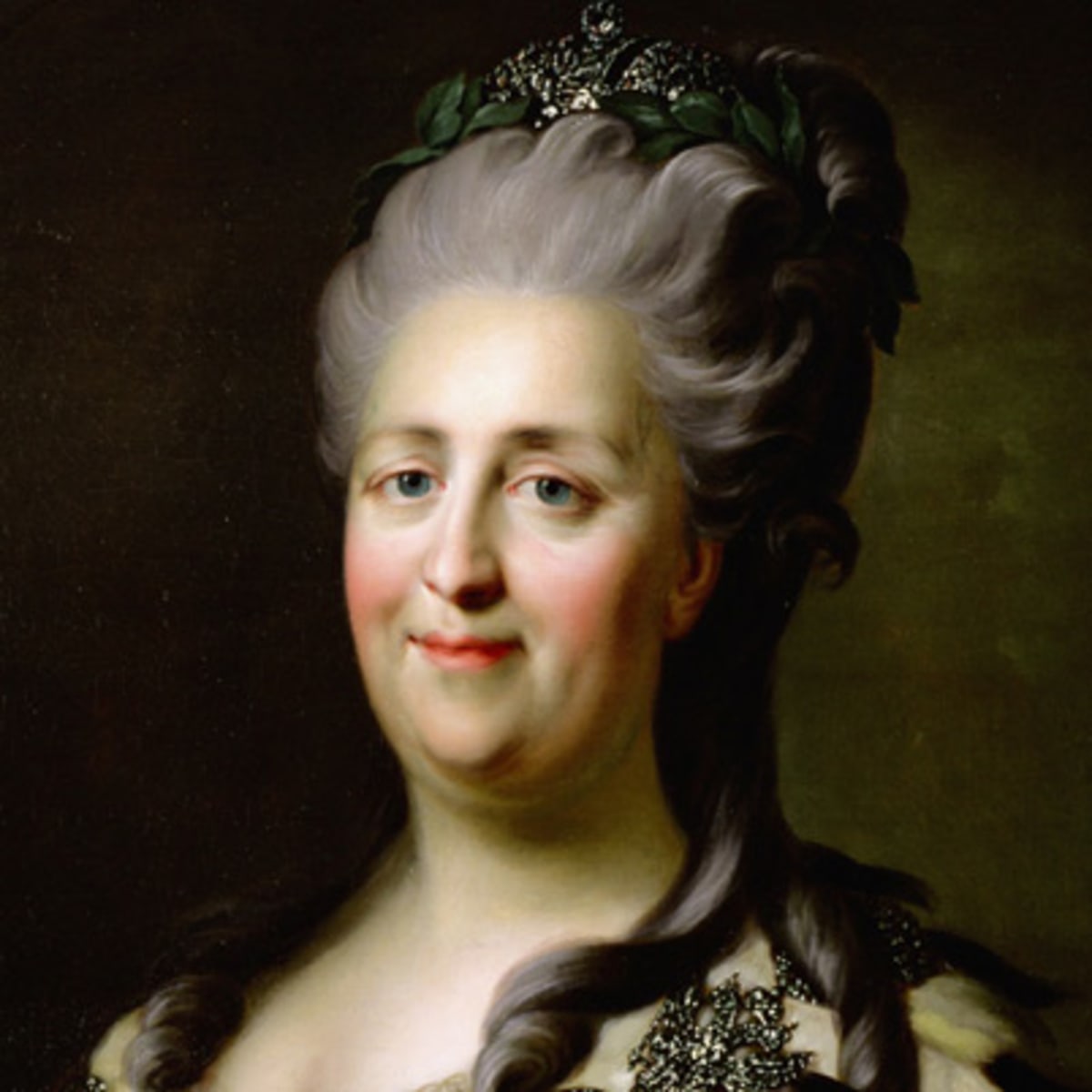
Remarks she left on the letter margins are very telling. One her correspondent wrote about the perfect love between the serfs and their owners:
"Sure, and that's why serfs are murdering their masters so often" wrote Catherine
Privately she was very sceptical about the narrative
"Sure, and that's why serfs are murdering their masters so often" wrote Catherine
Privately she was very sceptical about the narrative
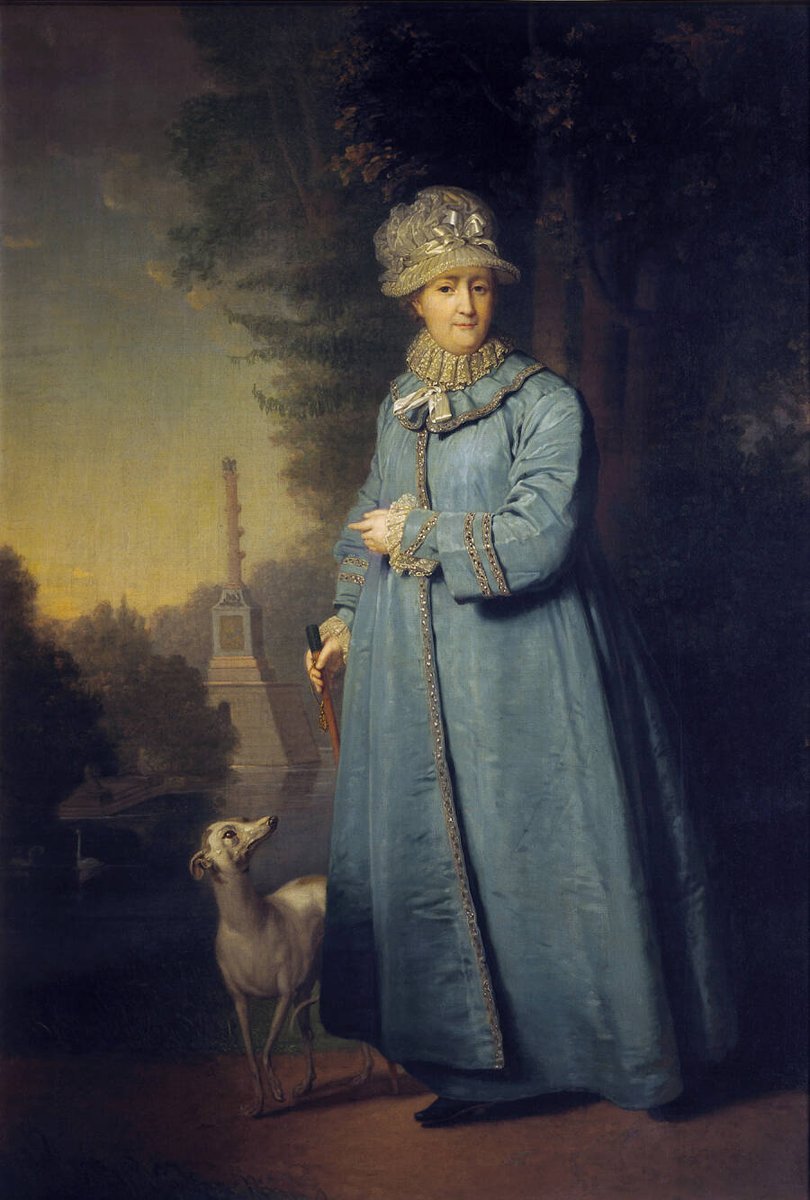
From the perspective of an HBO producer this evolution may look as an ascension to the heights of wokeness. But from perspective of subjects it looked like the descension into the heart of darkness. Serfs gradually lost all their rights and were reduced to plantation slavery 
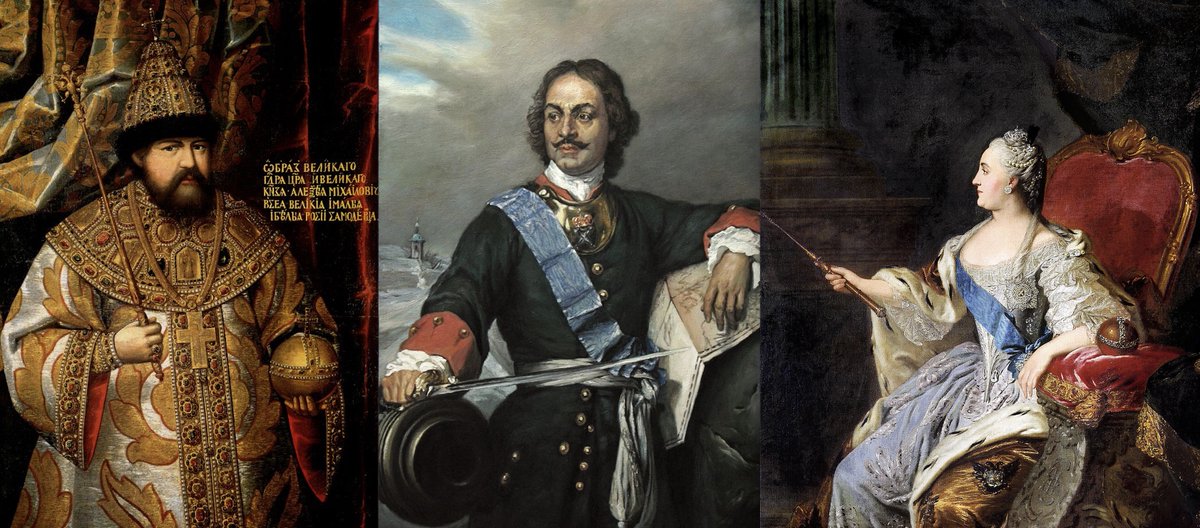
I think that King's argument results from a blend of two wrong ideas:
1) The problem of a tyrannical political system could be solved, if we only found a "correct" tyrant to lead it
2) Aggression is an inherently masculine quality, which women are more or less devoid from
1) The problem of a tyrannical political system could be solved, if we only found a "correct" tyrant to lead it
2) Aggression is an inherently masculine quality, which women are more or less devoid from
Arguing that female leadership would be necessarily gentle we are coming dangerously close to the No True Scotsman fallacy. I don't see why a female leader couldn't promote militarism, slavery and genocide like Catherine II did, if the political system she leads allows for it
PS For the most of the 18th c. Russian empire was led by females. This graph suggests that female styles of leadership could diverge as much as the male ones. Woman can be pacifist or pursue endless wars whatever the cost for her subjects. Provided that the system allows for it 
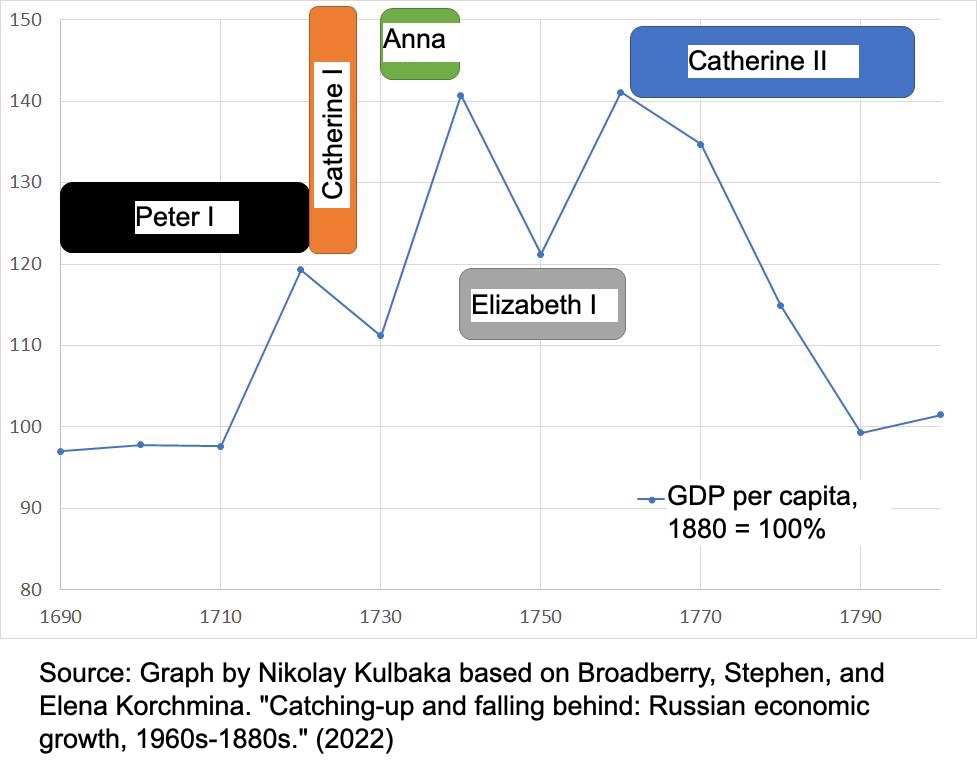
• • •
Missing some Tweet in this thread? You can try to
force a refresh





